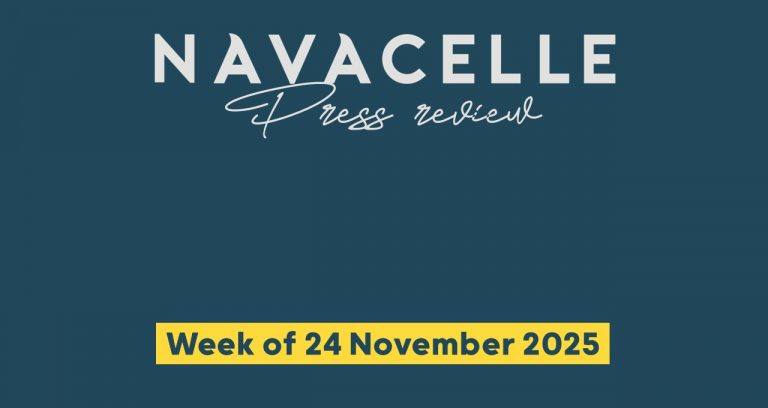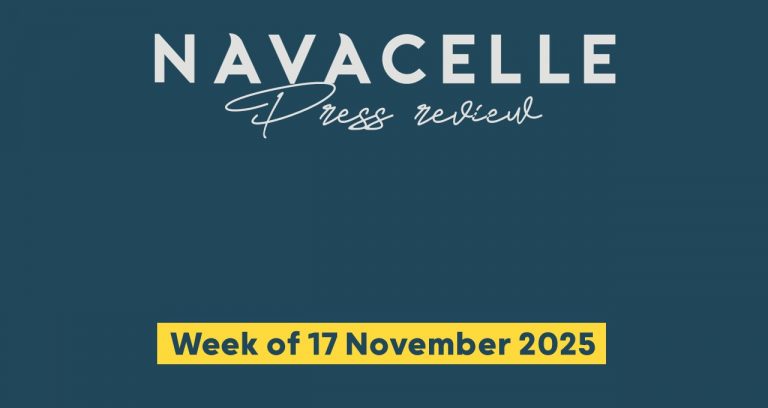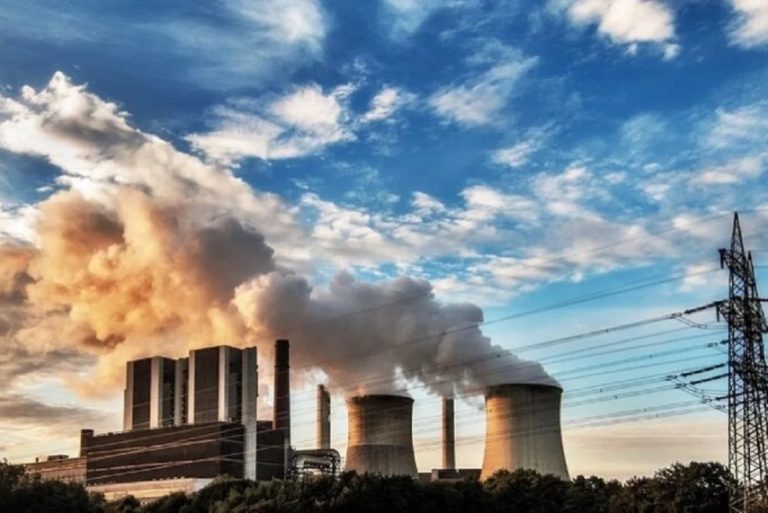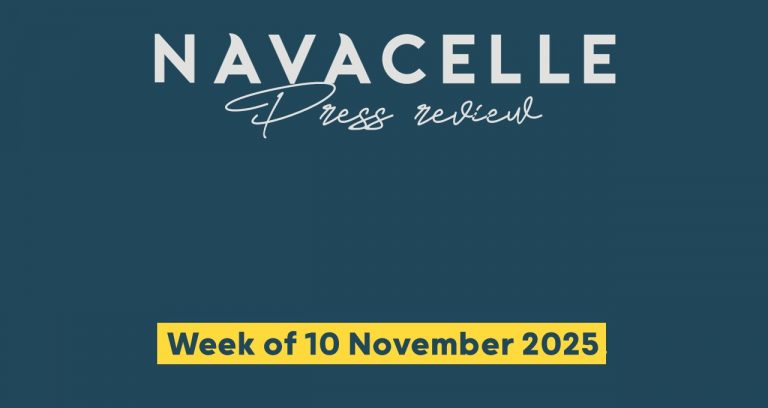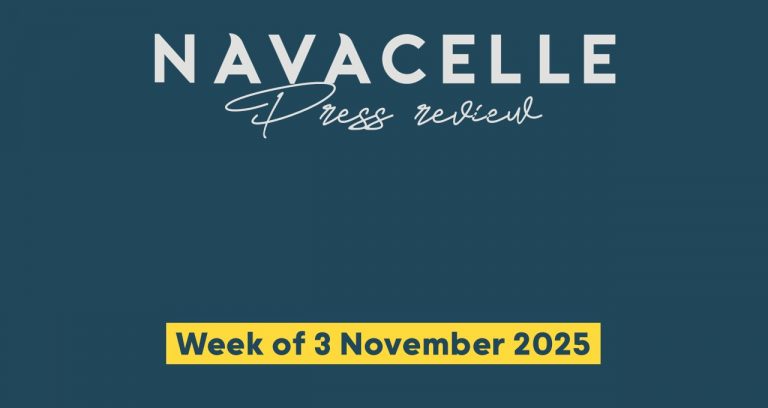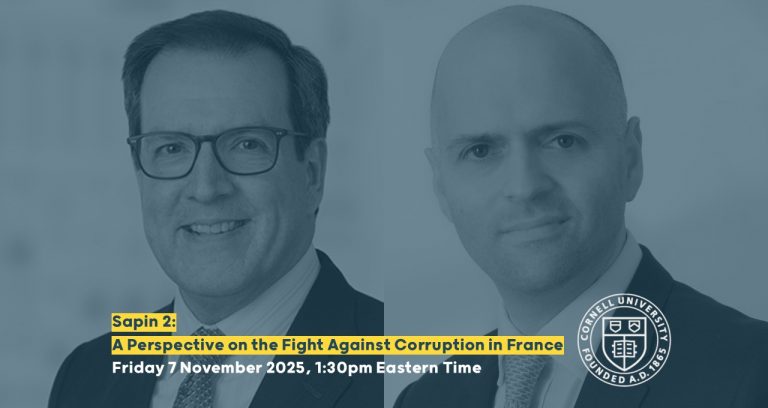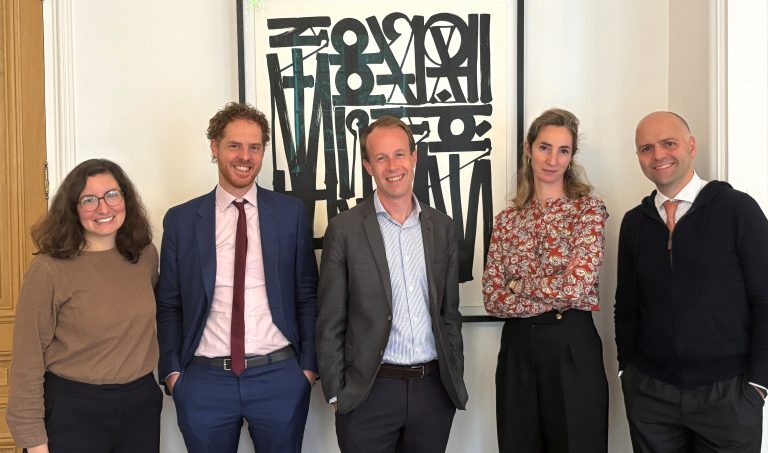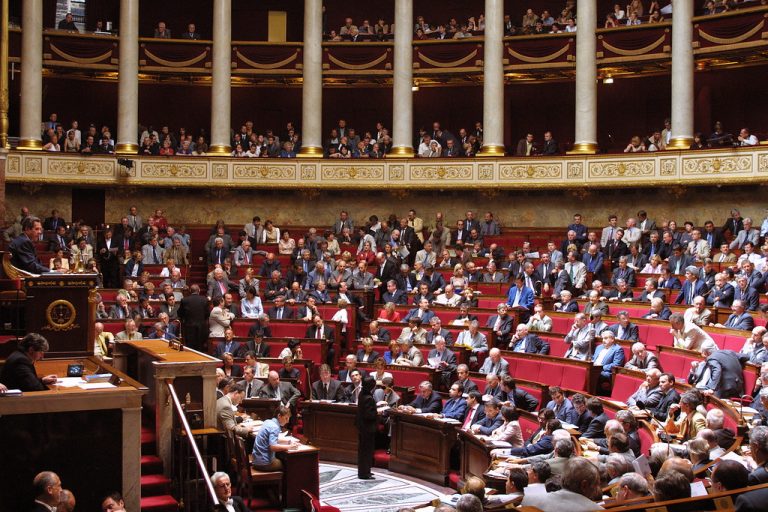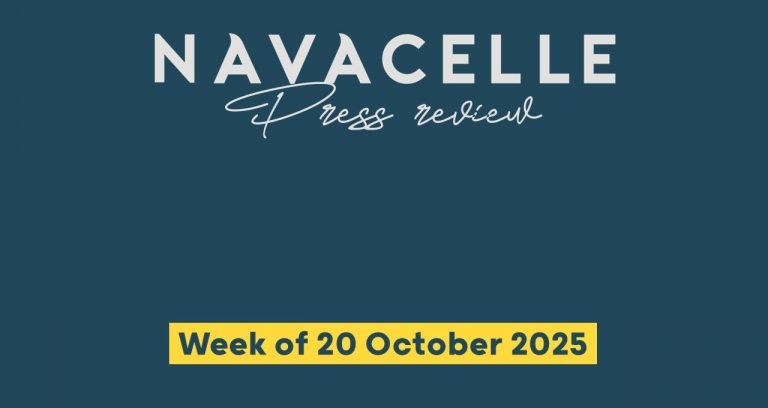On October 27, 2017, Equatorial Guinea Vice-President, Teodorin Obiang (eldest son of Teodoro Obiang, President of Equatorial Guinea), was found guilty by the Paris court of money laundering, abuse of corporate assets and embezzlement of public funds and sentenced to a three-year suspended prison sentence and a suspended 30 million euros fine.
The Court also ordered the confiscation of more than 100 million euros worth of his French assets (including a 101-room mansion on the exclusive Avenue Foch in Paris valued at over €100 million, €5.7 million worth of supercars, and millions more euro worth of art, jewelry, and luxury goods).
The Court President cited the slow response from parts of the French banking system in contributing to those penalties being suspended and hence being more lenient.
Teodorin Obiang denied the charges and appealed the decision on November 3, 2017.
A warning from French Courts to foreign States representatives
This ruling comes after more than a decade of litigation initiated by two French anti-corruption organizations – Transparency International France and Sherpa – and is the first of three cases involving families of African leaders from different countries, including Gabon and Congo-Brazzaville, for allegedly laundering “ill-gotten gains” in France, to reach a verdict.
It is also the first time that a French court recognized non-governmental organizations’ standing to file a criminal complaint for probity offences.
This landmark case marks a turning point in France, which has long been seen as turning a blind eye to the families of alleged corrupt foreign States representatives accused of using “ill-gotten gains” from their nations to fund luxury lifestyles on French territory.
Procedural hurdles against French prosecutions
French jurisdiction over corruptive behaviors taking place entirely in Equatorial Guinea was however fiercely debated. French courts eventually considered that the proceeds of the offenses were used to acquire different assets on French soil (real estates, cars, art, etc.) and recognized their jurisdiction, hence demonstrating French courts’ commitment to prosecute corrupt practices perpetrated beyond French boundaries.
The diplomatic immunity of the Vice-President was also raised against French prosecutions. French courts however decided to prosecute the case. Last, Equatorial Guinea argued that the Paris mansion was a diplomatic mission and therefore untouchable.
All three questions were referred by Equatorial Guinea to the International Court of Justice (ICJ) in The Hague.
In an interim ruling of December 2016, the ICJ ordered France to guarantee the same legal protection to Obiang’s property as all other diplomatic locations – the property being accordingly protected from any further searches or seizures and auctions by French authorities until the court in The Hague has reached a final verdict on the merits of the matter. The Court however declared being not competent to rule over the question of Obiang’s immunity.
On June 6, 2018, the ICJ issued a second decision, pursuant to which the Court declared itself incompetent to rule over the question of determining if Paris courts had jurisdiction to judge a national of a foreign State concerning assets fraudulently acquired in France. The Court also confirmed lacking jurisdiction to rule over the question of Teodorin Obiang’ immunity. The Court however granted Malabo’s request on the diplomatic status of the mansion located on Avenue Foch. This decision hence probably augurs a political struggle between Paris and Malabo.
The difficult question of the restitution of seized assets
The confiscation of Teodorin Obiang’s assets in France raises the question of the restitution of the seized goods to Equatorial Guinea, to which the proceeds of the offence must be ultimately returned.
The restitution to Equatorial Guinean Government does not appear to be an option, however, whether the proceeds must be returned directly to the population of Equatorial Guinea or be restituted through pre-determined development aid project raises unanswered questions.
A selected tripartite committee composed of members of the Guinean Government, local NGOs and French representatives, having the final word over the allocation of the returned assets to commonly agreed local projects, could constitute an alternative compromise solution.
The same question might be raised in corruption cases where the AGRASC, the French authority in charge of seizing criminal assets, must restitute seized assets at the end of its investigations, in States where corruption issues are still prevalent.



